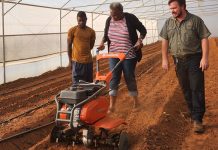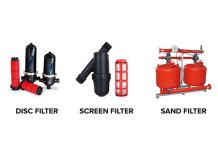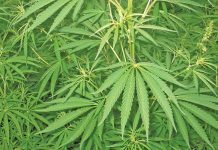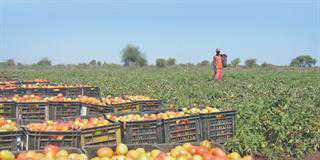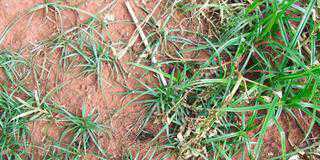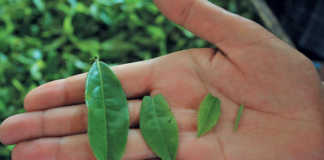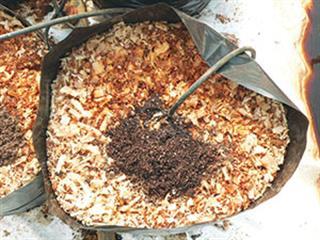
Hydroponics is the growing of plants in a nutrient solution rather than in soil. In South Africa, hydroponic vegetable production is almost always done under a protective covering. But, when you’re working with soil, you need topsoil that allows for good drainage and compost that’s disease-free. Plants need to be irrigated to minimise water stress and nutrients must be added to the soil. You must also watch out for soil-borne diseases. It’s also possible to produce organic vegetables in soil because you can use organic fertilisers such as compost and manure.
In hydroponics:
- no soil is required,
- plants are irrigated automatically,
- nutrients are available at all times,
- only soluble fertilisers are used and these contain a balanced nutrient content,
- soil-borne diseases can be eliminated, because artificial nutrients are always used and the plants aren’t grown in soil, hydroponic production is not organic.
Advantages:
- You don’t need good soil and there’s no question of unused nutrients polluting the soil.
- Hydroponic vegetables can be of high quality and need little washing.
- It eliminates soil preparation and weeding.
- It’s possible to produce very high yields from a small area because an environment optimal for plant growth is created.
- All the nutrients and water that the plants need are available at all times.
- Water is used efficiently.
Disadvantages:
- Production is management-, capital- and labour-intensive.
- A high level of expertise is required.
- Daily attention is necessary.
- Specially formulated, soluble nutrients must always be used.
- Pests and diseases remain a risk.
- Finding a market can be a problem.
Source: Guide to Hydroponic Vegetable Production, edited by JG Niederwieser and published by the Agricultural Research Council, Roodeplaat Vegetable and Ornamental Plant Institute (ARC-VOPI). Contact the ARC-VOPI on 012 841 9611.

